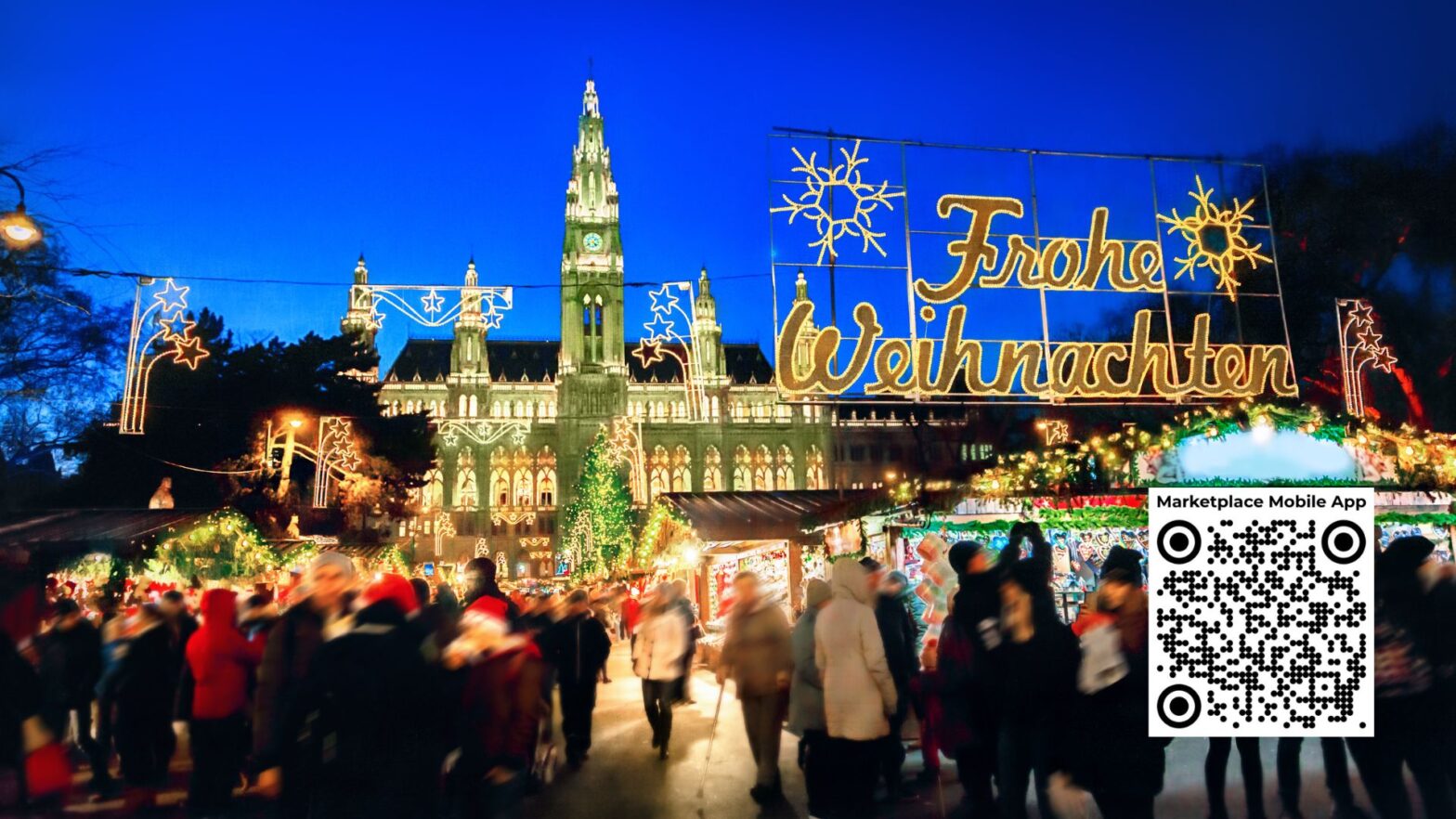Think of Austria in winter and what do you see? Alpine snow? Picture perfect villages? The ideal romantic escape? All that’s true but there are other things on offer too, including some key cultural events. A couple of winter getaways in Austria stand out, both in beautiful and intriguing cities. Read on to find out about culture, concerts, cash and savings.
First is the Vienna Philharmonic’s New Year Concert (30th Dec 2025 – 1st Jan 2026) in Vienna. Second, is Mozart Week (22nd Jan – 1st Feb 2026) in Salzburg. Both are equally inviting for lovers of classical music, orchestral splendour, and stunning locations.
To get the best from these experiences there are also some useful practicalities, including how much cash to carry. Getting this right in advance can help ensure your trip is genuinely relaxed.
Austria is slightly different to other European countries.
Austria is one of Europe’s most cash-oriented countries. Where many European cities favour card and contactless transactions, Austria is hanging on to more traditional methods.
So, in 2024, 52% of retail transactions in the Euro area were cash, with Austria among the highest-cash countries; 54% of Austrian small and medium sized businesses prefer cash, and Austrians more than any other EU country want to maintain the option to pay in cash when they choose (1). This means that, unlike in some other countries, small merchants and kiosks often prefer coins and notes, or will accept them without question. And, as elsewhere, cash is widely used for tips.
Vienna: ringing in the New Year in style
The Vienna Philharmonic’s New Year’s Concert (2) is world-renowned. Since 1939, the orchestra of the Vienna Philharmonic has performed a concert at the Musikverein over the New Year period. The modern event includes evening concerts on 30th and 31st December, with a gala concert broadcast on the morning of 1st January. This year all three are conducted by Yannick Nézet-Séguin.
As a ticket-holder you’ll probably have pre-booked travel and accommodation; nonetheless, once you’re in Vienna you’ll encounter additional costs worth planning for.
Why carry some cash?
- The cloakroom at the Musikverein is “barzahlung” (cash payment only).
- Many smaller cafés, snack kiosks or market stalls still expect cash, particularly for tips.
- Tipping remains a small-cash routine: round-up or give 5 -10% in restaurants or bars.
Sample costs in Vienna (3) (4) (7)
- A 24-hour ticket on the metro/tram will cost €10.20 (€9.70 for the digital-only version) from 1st January 2026 (single rides start at €3.20).
- A 0.5 L draught beer in a central bar runs to about €5.60 – €5.80.
- A cappuccino or melange is typically €4.60 – €5.00, and may be more in grand cafés.
- A street-food sausage (e.g., Käsekrainer) may cost €5.90, plus a soft drink from a supermarket at €0.89.
- The taxi day base fare is €3.80 and at night and on holidays €4.30. The charge per km is €1.70. Expect all but the shortest journeys to cost from €7.00 to €10.00 or more.
Visitor essentials
Take time to visit Schönbrunn Palace, the Hofburg, and St Stephen’s Cathedral; all are within reach using public transport. The New Year’s atmosphere means extra crowds and perhaps premium pricing, so factor in a bit of spare cash for unforeseen costs.
Salzburg: Mozart, culture and cash-savvy travel
Mozart Week in Salzburg honours Wolfgang Amadeus Mozart with concerts, recitals and events across the city. The festival is organised by the Mozarteum Foundation Salzburg and attracts classical-music aficionados. However, you don’t need expert knowledge to enjoy the concerts and the atmosphere in this remarkable city. As with Vienna, you’ll have sorted major bookings; the variable is how you manage daily spending for small but important items.
Why carry some cash in Salzburg?
- Even in a high-profile festival city, many smaller vendors and church-donation boxes favour coins or notes rather than cards.
- Local taxi tariffs follow old-school base fares, and you may need to tip in cash.
- Café breaks and tip jars at concert intermissions still lean on small-change convenience.
Sample costs in Salzburg (5)(6)(7)
- A 24-hour public-transport ticket costs €4.90 via machine/app and €6.40 if bought on-board/with driver.
- A 0.5 L beer in a city-centre restaurant is about €5.60–€5.70.
- A cappuccino or Sacher-Melange will cost around €6.50.
- A casual burger with a soft drink will cost from about €12
- The day-time taxi base fare is €3.90 and at night or on city holiday, €5.00. The charge per km is €2.50 Expect all but the shortest journeys to cost €7.00 to €12.00 or more.
Visitor essentials
Wander into the Old Town (Getreidegasse), visit Hohensalzburg Fortress and stroll through Mirabell Gardens. Because you’ll probably move between venues and cafés, carrying a modest supply of cash makes sense for small purchases, tips, and spontaneous extras.
Practical cash-management tips for winter getaways in Austria
Austria is not cheap, although prices as a visitor are not significantly more expensive than, say, London or Edinburgh. Be aware, naturally, that some locations can be considerably more expensive than the average, especially the most fashionable coffee shops and restaurants. Putting everything together, you might allocate something like the following:
- One urban transport day-ticket (approx. €10 in Vienna or €5 in Salzburg)
- Two coffee breaks (approx. €5–€7 each)
- One light lunch or snack (approx. €7–€10 in Vienna or €14–€18 in Salzburg)
- One evening drink (approx. €5–€6)
- Tip/incidentals – keep €5.00 – €10.00 in small denominations
That means, cash for a day out in Vienna could be about €30 – €40, and €35 – €45 in Salzburg. For a two-night stay (one full day and one half day) you might carry €60 – €100 in cash and use your card for larger expenses and bigger spontaneous spends. Longer trips will obviously require more, according to your length of stay. In both cities, dozens of small transactions are still easier with cash.
Why choose a specialist travel currency service?
At this point, it’s worth considering how arranging Euros before you fly can make everything easier. For example, with Money4Travel you can:
- Book online in advance and lock in competitive local-branch rates (the best rates within a ten minute drive of your post code), avoiding higher charges typically associated with airports and even some high street banks.
- Collect your cash from a UK local shop-front (you won’t have a last minute rush in Austria).
- Earn loyalty points (“Pips”) on your order, and benefit from a buy-back guarantee should your plans change.
By organising your Euros ahead of time, you’ll arrive in Vienna or Salzburg ready for both the spectacular and the small-scale. There’ll be no last-minute currency scramble; just time to enjoy the music, architecture and winter city glow.
Thinking ahead for a stress-free trip
If you’re planning a cultural winter getaway in Austria, it’s hard to beat Vienna’s New Year Concert or Mozart Week in Salzburg. Choose your dates, book your travel and accommodation, then set aside some cash for cafés, beers, taxis, tips and incidentals. And with pre-purchased travel money you can simplify that one important element of your trip that makes so many other things easier too. So why not put away your cards and feel the simple pleasure of cash in your pocket?
By Declan Morton, writer and editor at Money4Travel – the online service for foreign currency sales in the UK. More about the author.
For reference: (1) Ceps/The EU retail payments compass , (2) Vienna Philharmonic Concerts (3) Vienna Now (4) Wiener Linien (5) salzburg-verkehr (6) Salzburg, Stage of the World (7) Numbeo
Every effort has been made to quote accurate prices. Those mentioned are correct at the time of publication. Some prices may change without notice.



